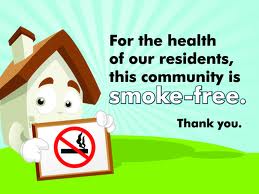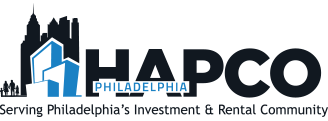
Tearful callers started phoning in to Philadelphia’s Clean Indoor Air Hotline in the 1980s with complaints that health officials weren’t expecting.
Among the usual calls about chemical and refinery plant air quality issues, were desperate pleas about cigarette smoke.
“These were non-smoking apartment dwellers who were smelling smoke coming from neighboring units,” remembers Thurman Brendlinger, Tobacco Control Program Director for Philly’s Clean Air Council (CAC). “Cigarette smoke was coming from units next door through light fixtures, outlets, heating vents, and wall cracks.”
Brendlinger says the dangers of secondhand smoke were well-known at the time. But it was mostly thought of as an issue for non-smokers in the same apartment as smokers.
“Non-smoking tenants were now breathing in secondhand smoke from other apartment units and we realized we had to do something,” Brendlinger said.
The CAC found that unless a lease specified the apartment was no-smoking, renters had very little recourse. If a smoker moved in next door, you were stuck.
The City of Philadelphia eventually passed a disclosure ordinance in 2016 that requires rental property owners to spell out in a lease whether an apartment or building allows smoking or not.
“Sadly, many landlords aren’t aware of this requirement,” notes Brendlinger. “And a survey of landlords showed many rental owners still don’t have smoke free policies for their properties to begin with.”
Brendlinger found that larger corporate rental property owners were more likely to have smoke free policies. But the CAC discovered many smaller, independent, Mom and Pop rental owners don’t have smoke free policies.
The Department of Public Health, the City of Philadelphia, and CAC started working with the Philadelphia Housing Authority to implement a smoke free policy for their properties with the, “Always Step Outside” campaign.
“That smoke free policy, however, did not apply to independent rental owners who participate in the Housing Choice Voucher Program. That’s when we realized we needed a grant program to help the Mom and Pops,” adds Brendlinger.
The Smoke-Free Multi Unit Housing Initiative Mini Grant Program now offers eligible rental property owners and managers grants up to $2,000 to reinforce, as well as create and promote smoke free policies in their apartments. The grants favor those properties that provide subsidized housing to tenants.
“The money can be used for smoking cessation programs, procurement of educational materials, ‘No Smoking’ signs, Nicotine Replacement Therapy, and refreshments for resident meetings,” Brendlinger says.
The CAC says smoke free policies are beneficial to both rental owners and their tenants in many ways.
Brendlinger says surveys show 70-percent of renters prefer smoke-free units. He says it also improves indoor air quality and saves money on insurance premiums.
“And a big savings for rental owners is in turnover costs when a long-term heavy smoker moves out of an apartment,” according to Brendlinger.
He cites a recent case in Wynnewood, PA. where a rental owner had to remove the plaster walls and ceilings in an older property just to get rid of the engrained smell of smoke.
The CAC also found there were incidents of toddlers getting asthma-like symptoms after coming in contact with surfaces in units that previously housed long-term smokers. The toxins on surfaces like carpeting, curtains, walls, and counters are called, “thirdhand smoke.”
The Clean Air Council is accepting it’s easy to fill out applications for the Smoke- Free Multi Unit Housing Initiative Grants until Friday March 31st 2023.
You can get more information on enacting smoke free policies at https://smokefreephilly.org/smoke-free-communities/
To apply for the mini grants, you can email Thurman Brendlinger at brendlinger@cleanair.org
“We want every rental property owner and manager to apply for these grants because they make health and economic sense.”

